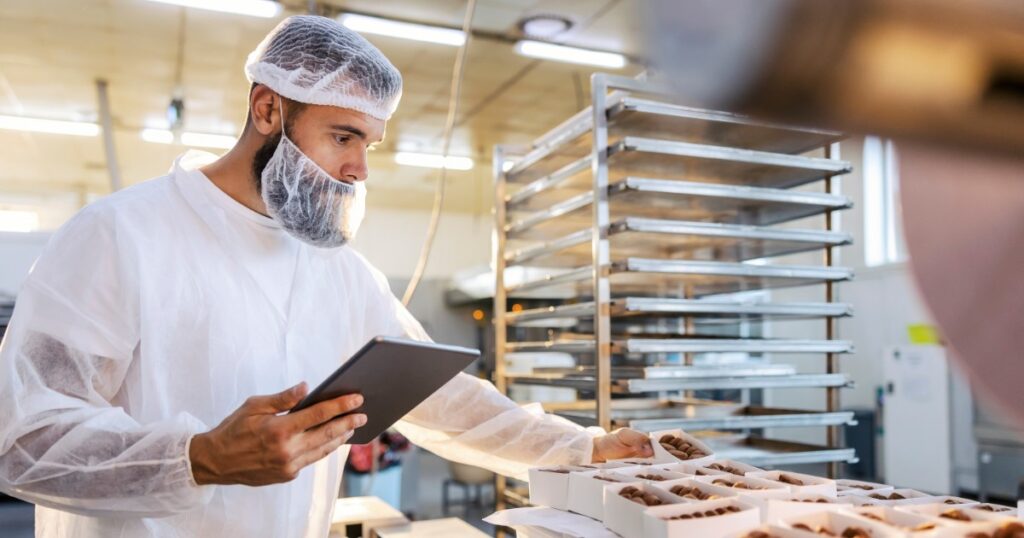In our fast-paced world, technology has revolutionized the culinary and the dietetic industry. The incorporation of digital tools has sparked a transformation in operations worldwide, providing a wide range of advantages to both individuals and industry experts. In this article, we will explore how the use of digital tools can significantly improve dietary operations.
Streamlining Foodservice Operations
From order management to inventory control, digital solutions have streamlined foodservice processes to reduce errors and wait times. Online ordering platforms and mobile apps have made it easier for customers to place orders, customize their meals, and even track their deliveries in real-time, enhancing their overall dining experience.
Moreover, data analytics and digital point-of-sale systems have empowered foodservice providers to make informed decisions about menu offerings and pricing. These tools enable businesses to track sales trends, identify popular dishes, and adjust their menus accordingly to meet customer demand. Additionally, inventory management software helps prevent food wastage by optimizing supply chains and minimizing overstocking.
Furthermore, digital tools have enhanced food safety and compliance by enabling temperature monitoring, ensuring food items are stored and handled at the right conditions, and providing easy access to safety protocols and guidelines for staff. In the age of heightened health concerns, these features have become indispensable.

Improved Meal Planning and Tracking
One of the most dynamic advantages of digital tools in dietary operations is the ability to streamline meal planning and tracking. Dietitians and other professionals can now leverage specialized software and apps to create personalized meal plans tailored to an individual’s specific dietary requirements. These tools consider variables like age, gender, activity level, and dietary choices, simplifying the process of creating a balanced diet.
Clients and patients can also benefit from digital meal tracking apps that allow them to log their food intake, monitor their calorie consumption, and track their progress over time. The opportunity for real-time feedback not only helps individuals stay on track but also allows dietitians to modify their plans as required.

Access to a Vast Database of Nutritional Information
The World Wide Web is a treasure chest of nutritional information, and digital tools provide easy access to this wealth of knowledge. Dietary operations and professionals can efficiently access comprehensive data about various foods, encompassing details like nutrient composition, serving sizes, and dietary limitations, using online databases and nutrition analysis software. It’s important to mention that this valuable information can also be sourced from official government websites.
Improved Communication and Collaboration
Online platforms and telehealth services enhance the accessibility of dietary guidance, particularly benefiting clients with busy schedules or limited mobility. These digital tools also foster collaboration among dietitians, physicians, and healthcare professionals, thanks to systems like Electronic Health Records (EHR), which facilitate the sharing of patient data, ultimately resulting in more effective dietary interventions and better-coordinated care.

Conclusion
The integration of digital tools into dietary operations has transformed how the world approaches nutrition and wellness. From streamlined meal planning and tracking to improved communication, the benefits are endless. These tools not only make dietary operations more efficient but also empower individuals to take control of their health. As technology continues to advance, we can expect even more innovations in the field of nutrition, further enhancing the quality of dietary operations and overall care.



